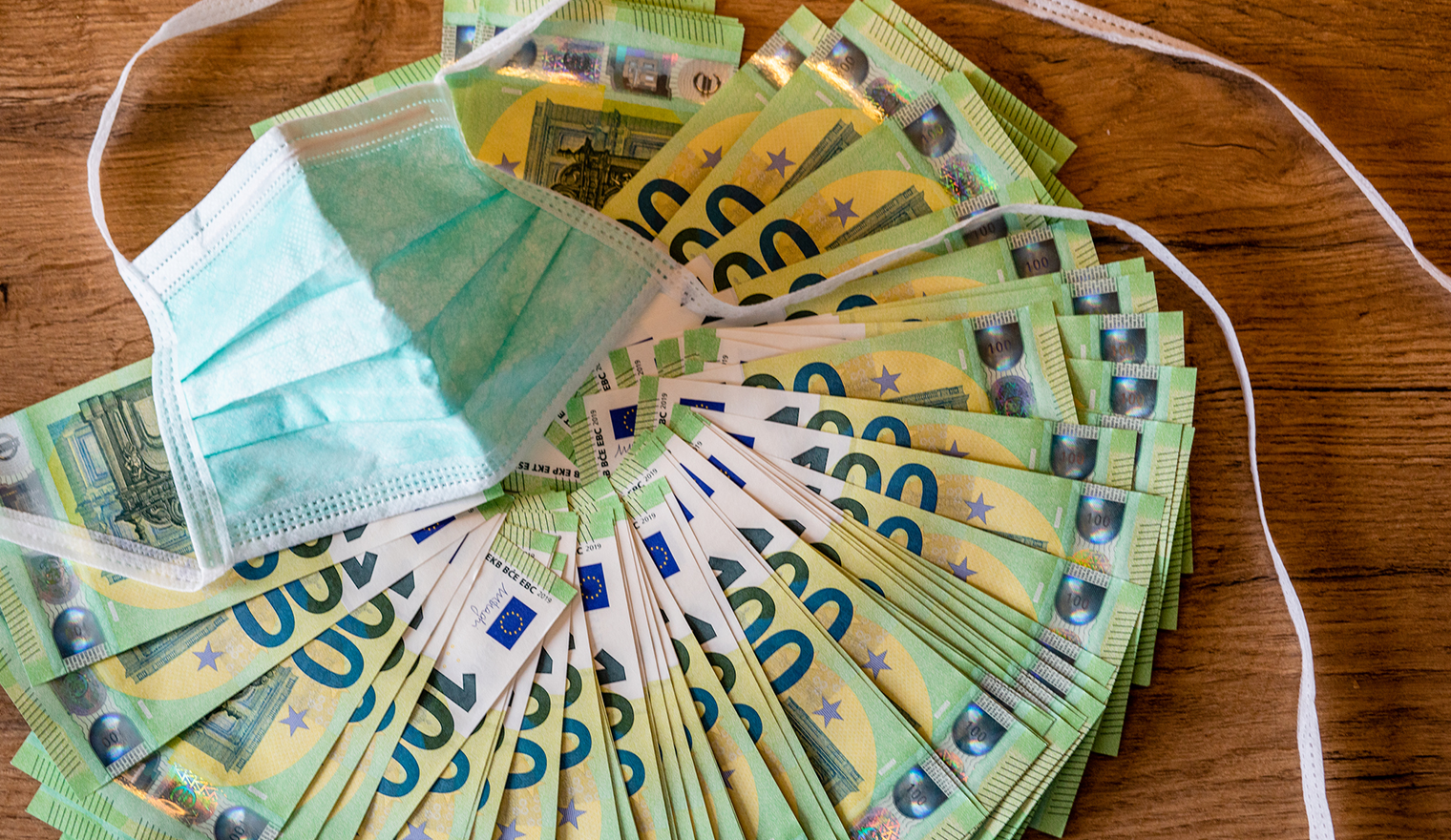
As the COVID-19 pandemic imposes restrictions on mobility and trade around the world, several experts have speculated on the implications for illicit economies.
Members of the Global Initiative Against Transnational Organized Crime suggest that while the pandemic has disrupted the flows of counterfeit goods, illicit drugs, and human smuggling, it has also created opportunities in counterfeit and illegally diverted medical products, such as masks and test kits, and in cybercrime as people spend more time online. They further suggest that school closures and economic hardship may lead to an uptick in human trafficking and gang recruitment. Vanda Felbab-Brown of the Brookings Institution also anticipates a rise in counterfeit medical goods and cybercrime, as well as a likely increase in synthetic opioid production and its distribution via mail, since smuggling illicit drugs cultivated in distant locations has become more difficult.
While I’m in agreement with my colleagues’ observations, I would add that we also consider the implications of the epidemic for government complicity in organized crime. It seems likely that crime groups with strong ties to government will have an advantage in continuing their operations despite the reduction in legal trade. The common practice of concealing illicit products among legal goods is less viable when trade has plummeted. However, crime groups that are more embedded in government are better positioned to navigate lockdowns and the sealing of borders through arrangements with corrupt military or police forces to move their goods.
Such a scenario likely transpired in Guinea-Bissau in the early days of the pandemic. After the government closed the international airport to prevent the spread of COVID-19, a plane landed there on March 18th, which many suspect was carrying cocaine. Senior political and military figures in the country are likely involved in the cocaine trade from South America to Europe, which was robust in the mid-2000’s and appears to be rising once again.1
In the past, crime groups in other countries have moved illegal drugs, minerals and arms in military convoys or planes, and may be able to continue their operations under the pandemic. Where crime groups do not have close ties to political and military structures, they may be motivated to pursue them in the face of impediments to moving goods through their customary trade routes.
The economic downturn resulting from the pandemic may also motivate corrupt officials to increase their engagement in organized crime activities. In many countries, payoffs or direct involvement in illicit trafficking represent one illicit revenue stream for corrupt officials, alongside corruption in procurement and permitting, embezzlement, and other schemes. As government revenues and expenditures fall, opportunities for extracting money from government business may also shrink, and corrupt officials may be more open to partnerships with crime groups. Corrupt officials may also seize opportunities to skim from COVID-19 relief funds and the procurement of medical goods.
Given the shifting opportunities and incentives stemming from the virus, governments, civil society and donors should consider a range of initiatives to curb government complicity in organized crime. These include:
- Monitor the movement of illicit goods and shifts in trade routes and look out for new or increased involvement of military, police, or other officials in transporting illicit goods.
- Focus on corruption and organized crime in the procurement of counterfeit and illegally diverted medical products.
- Support efforts by civil society and the media to serve as watchdogs and raise awareness of cases of corruption and criminality.
- Support legislative oversight of government spending through audits, investigations, and hearings.
- Leverage the Open Government Partnership, regional and international conventions, and other initiatives to advance transparency and accountability in procurement.
MSI and USAID recently hosted a series of roundtables on organized crime and specifically examined the issue of government complicity in organized crime. Read more about this work here. The roundtables are part of a broader effort to develop technical guidance for USAID on countering organized crime, which will be available in early 2021. MSI considers government complicity in organized crime in anti-corruption projects and a range of other democracy and governance field projects we implement.
1. Crime and Contagion: The impact of a pandemic on organized crime. Global Initiative against Transnational Organized Crime. Policy Brief, March 2020. https://globalinitiative.net/wp-content/uploads/2020/03/CovidPB1rev.04.04.v1.pdf